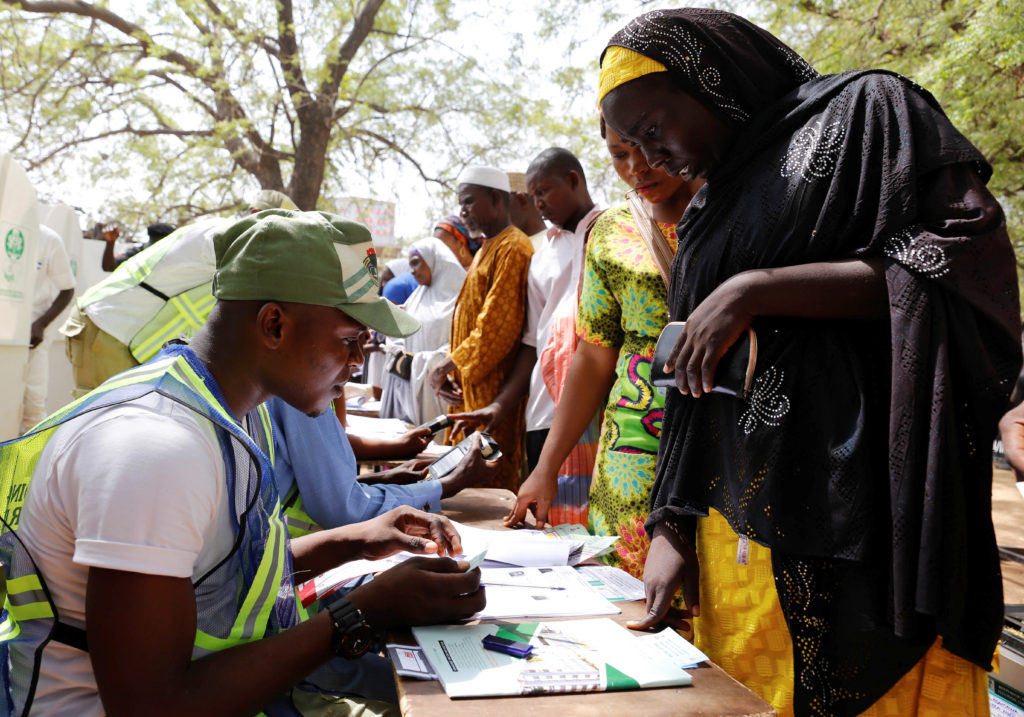The elections and the rhetoric of bigotry
My father-in-law, Rene, was born in Brussels. He lost his parents as a toddler in the early years of WW2, and was fostered by a family in a small Flemish city. His older sister was raised by nuns near Brussels. She stayed in Brussels, while my father-in-law remained in Flanders where he raised his family. […]

FILE PHOTO: Election
My father-in-law, Rene, was born in Brussels. He lost his parents as a toddler in the early years of WW2, and was fostered by a family in a small Flemish city. His older sister was raised by nuns near Brussels. She stayed in Brussels, while my father-in-law remained in Flanders where he raised his family.
The first time I learned that fact of where they were raised/lived meant that Rene considered himself Flemish while his sister considered herself a “Brusselaar,” I was shocked. As far as I knew, your roots (aka “place of origin” doesn’t change just because you weren’t raised there).
While my husband and his sister remained in the same city they were raised in and where our children consider home (because they were partly raised there), their brother moved to another area of Belgium where he has raised his own family. What this means is that while my children claim a Belgian town as theirs, their first cousins and their parents claim a different one. And once the adult children move on and have their own families, their children may yet claim somewhere else from them. And so on. It is expected.
This ability to claim where you are rooted, not necessarily where you were born or where your parents were born as yours, makes the idea of “place/state of origin” ridiculous; especially when such information is weaponised to discriminate against people who live in places different from their places/states of origin. We are seeing it happen in real-time in the Nigerian elections.
Ethnic rhetoric seems to be dominating the gubernatorial elections in Lagos. Our cosmopolitan Lagos. Our Afropolitan Lagos. Our megacity Lagos. This week, a political party in the state carried a placard proudly announcing, “My Lagos. Not Your Lagos: You are Here Because of Your Business,” to imply that certain ethnic groups don’t belong in Lagos. I find this both painful and ridiculous. What is wrong with being anywhere one chooses in one’s country (for business or otherwise)?
This politicking of ethnic bashing seems to have escalated so much so that even Yoruba politicians who consider themselves Lagosians are being asked/pressured to prove that they are “proper Lagosians.” Tufiakwa! I have seen purported screenshots shared by people in some groups being warned of a “take over “of Lagos by non-Lagosians. The warnings contain nationalistic, incendiary language like “defend our heritage” “these people should be contained.”
Online, folks from across all ethnic groups are taking sides and heating up the polity by throwing inflammatory language around like banter. If we were good students of history, we’d realise that these things never end well.
Sadly, social media has helped to fuel ethnic tension. Like-minded individuals find their tribes thereby encouraging polarisation. Rumours and misinformation spread like wildfire. Folks run with the fake news and react to it. It is a sad state of affairs, and one that we see every election season. However, it seems to have been heightened this season for reasons I don’t fully understand.
What I do know is that when Nigeria is in the news for good or for bad, no one asks you what part of Nigeria you’re from. When your green passport makes getting a visa difficult, it’s not because you are from one part of Nigeria or the other. When Nigeria happens to you, it’s not asking you what group you belong to. So why all this attachment to which ethnic group one belongs to or not? Did you choose your ethnicity, no matter how highly you think of it?
When we should be demanding good governance from our leaders and voting competence over ethnic solidarity, some folks are hell-bent on furthering bigotry, and making our Nigerian elections about who belongs and who doesn’t belong. It is dangerous and it is stupid. We should fight it, wherever we find it and however we can.
